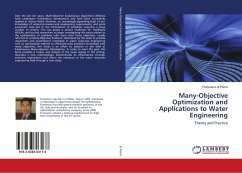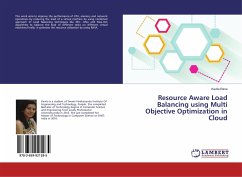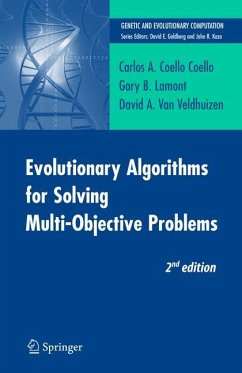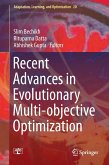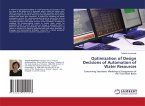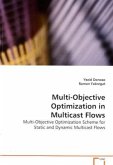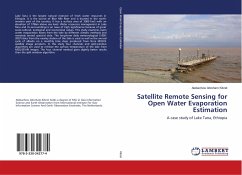Over the last ten years, Multi-Objective Evolutionary Algorithms (MOEAs) have undergone tremendous development and have been successfully applied in various fields. However, an increasingly expanding basis of our knowledge of natural processes and engineering requirements, and social awareness have led to the formulation of problems requiring a large number of criteria. This has posed a serious challenge for traditional MOEAs, and has led researchers to begin investigating the issues related to the optimization of problems with more than three objectives, usually referred to as Many-Objective Problems. Motivated by the need to provide researchers and practitioners interested in water resources engineering with an optimization method to effectively solve problems formulated with many objectives, this thesis is an effort to advance in the field of Evolutionary Many-objective Optimisation. In order to meet this goal, this book provides a review and analysis of the issues arising in this setting, describes a new methodology, demonstrates its effectiveness through extensive experiments and shows the relevance to the water resources engineering field through a case study.
Bitte wählen Sie Ihr Anliegen aus.
Rechnungen
Retourenschein anfordern
Bestellstatus
Storno

